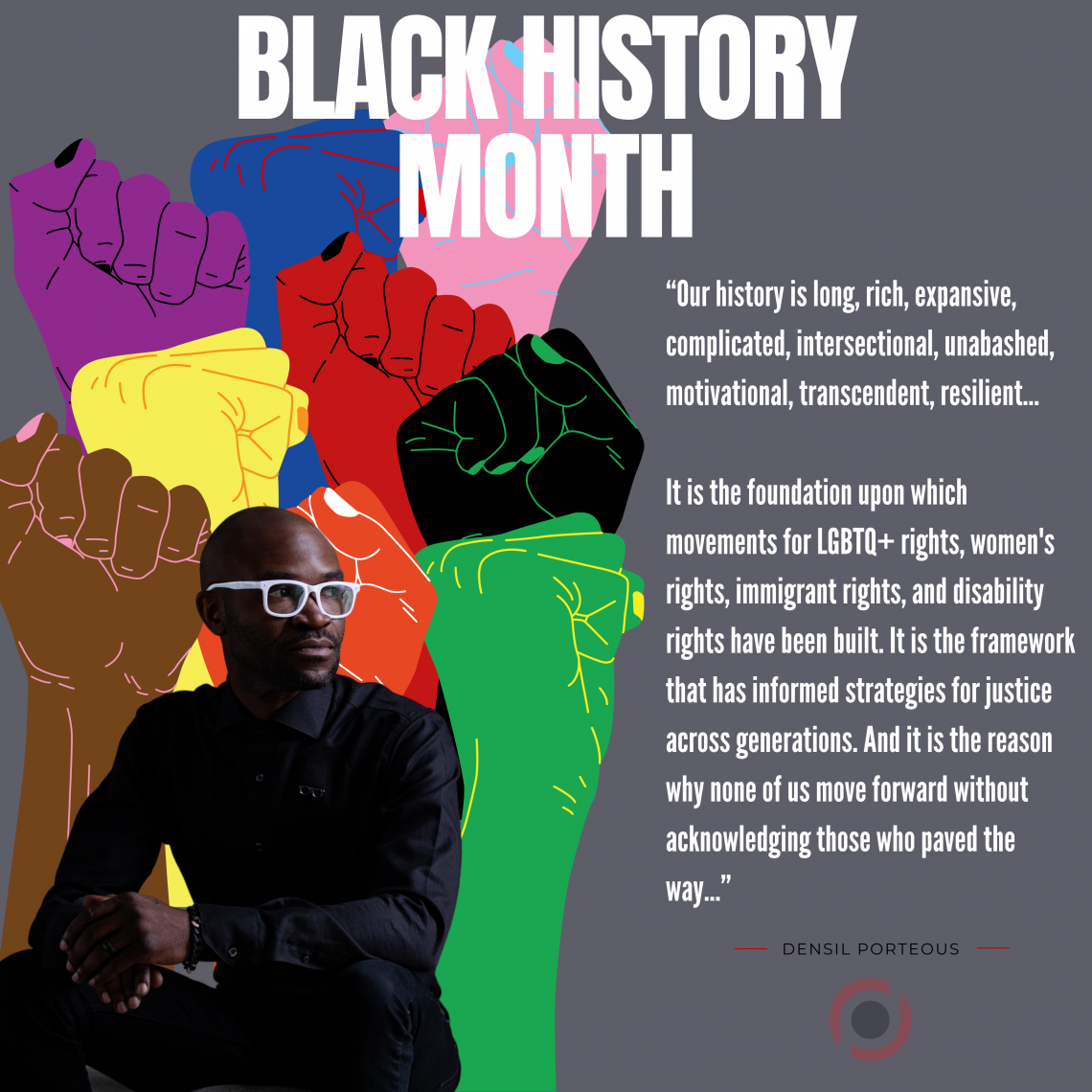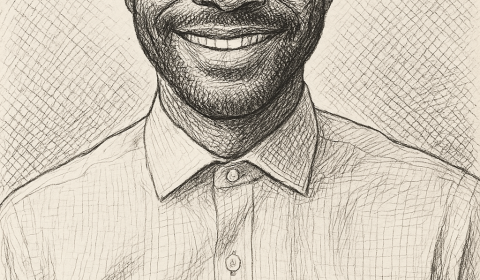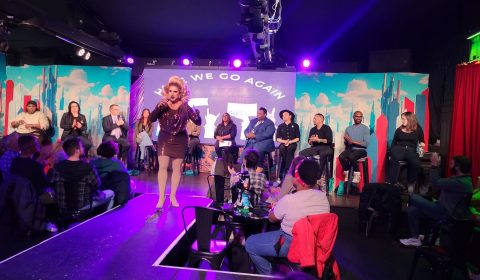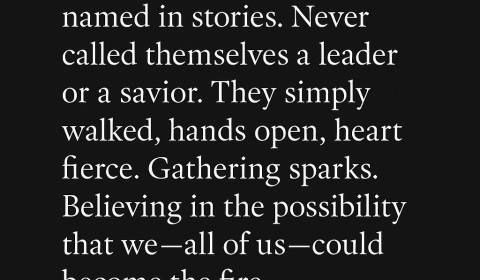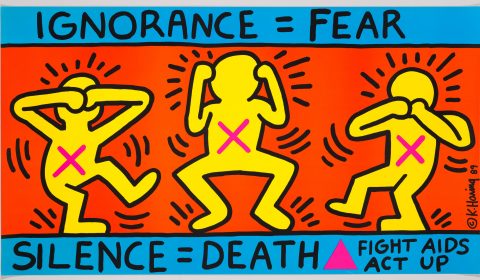Our history is long, rich, expansive, complicated, intersectional, unabashed, motivational, transcendent, resilient…
Black history is not just the story of a people; it is the story of progress, of resistance, of innovation, and of nations still reckoning with their past while shaping the future. It is a history that touches every movement for justice, every field of achievement, every corner of our collective consciousness.
From the enslaved scholars who defied oppression by learning to read, to the revolutionaries who fought for abolition, to the trailblazers who demanded voting rights, labor rights, and human rights, our past is filled with stories of perseverance and determination. It is a history of kings and queens, inventors and artists, thinkers and revolutionaries. It is a history of survival—and of thriving in the face of systems built to keep us from both.
But let’s be clear: Black history is not just something to be remembered—it is something to be known, to be studied, to be centered in our collective understanding of how we got here.
Because it is our shared history.
It is the foundation upon which movements for LGBTQ+ rights, women’s rights, immigrant rights, and disability rights have been built. It is the framework that has informed strategies for justice across generations. And it is the reason why none of us move forward without acknowledging those who paved the way.
This month, and always, we honor the leaders whose names are etched in history, and the everyday people whose sacrifices made today possible. We celebrate the voices that shaped culture, the minds that expanded knowledge, and the hands that built nations.
Black history is not just about the past—it is about the future we continue to create.
